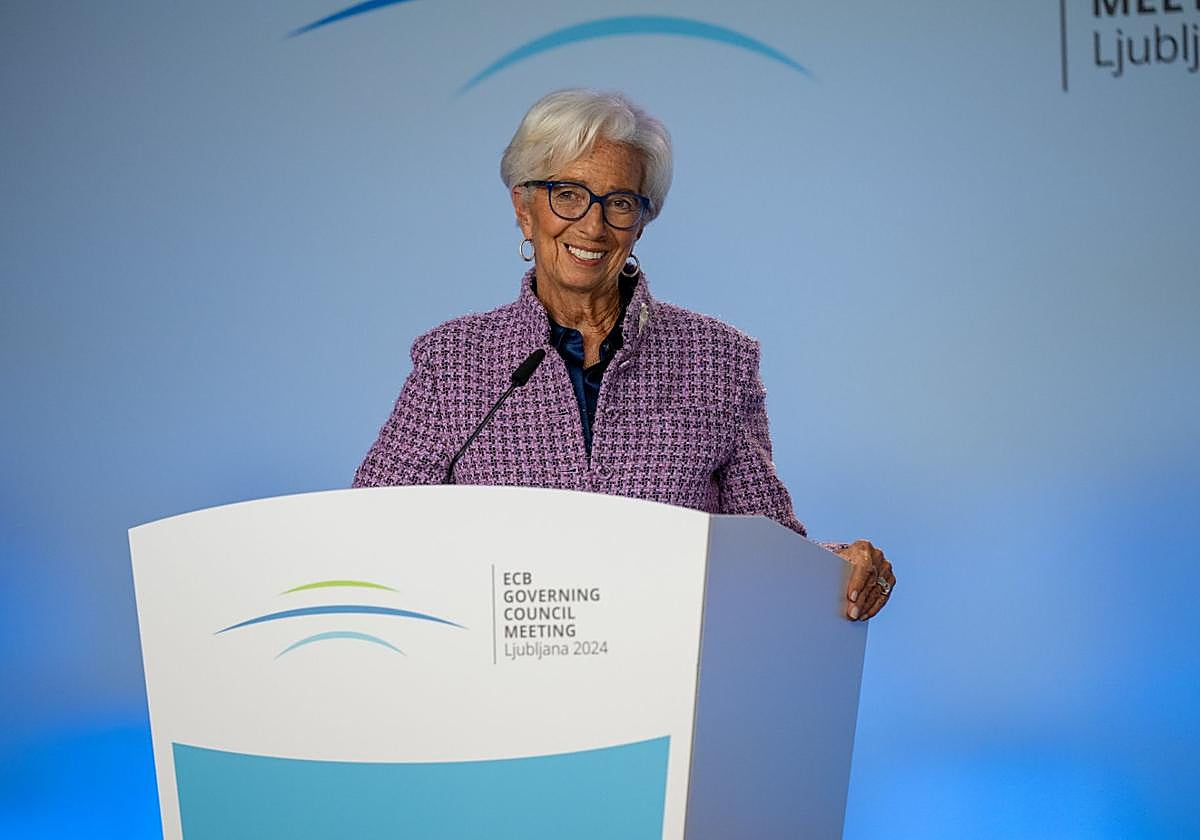The Euro Just Hit Its Lowest Level Against the Pound in Two Years
Finance ·
The pound's advance against the euro picked up steam in October after British retail sales numbers eased past analysts' expectationsSIE
Thursday, 24 October 2024, 10:48
Earlier this week, the euro fell against the pound to reach its lowest level in more than two years, but it could make a comeback in the coming week.
This is according to data that shows investors think the European Central Bank will cut interest rates further and faster than the Bank of England.
The pound's advance against the euro picked up steam in October after British retail sales numbers eased past analysts' expectations, confirming the Bank of England might not have the leeway to cut interest rates as fast as colleagues in Frankfurt.
The 'spot' market exchange rate for GBP/EUR went as high as 1.2042 on Wednesday, just shy of the high set at 1.2050 the previous Friday, a level last seen in 2022. This means the best currency providers were able to offer payment rates in excess of 1.20.
The ECB cut interest rates to 3.25% on October 17, in a decision that foreign exchange market players widely anticipated.
In isolation, this is not an issue for the euro; however, what the ECB said about the future caught the attention of traders.
ECB President Christine Lagarde said inflation was coming down, but that it was noted the Euro Area's economy was at risk of losing steam.
The ECB's concern about the economy signals the central bank is willing to speed up the pace it offers support via cutting interest rates.
Interest rates matter greatly for currencies; analysts point out that international money tends to flows from low interest rate countries and blocs to where interest rates are higher.
This is understandable: it is 'easy' money for those able to borrow at low interest rates and park that money in higher-yielding assets.
In this instance, the UK's higher interest rates are particularly attractive relative to those of the Euro Area.
What the ECB decision tells us is that this attraction is only brightening, which explains the pound's advance of 4.32% in 2024.
The pound might not have it all plain sailing, though, as the UK government is soon set to announce its budget, where significant tax increases and spending cuts will be confirmed.
In fact, one publication says the UK is facing "the biggest Budget tax raid in history."
Chancellor Reeves says the budget will attempt to plug a spending deficit of £22BN via tax rises. The Labour government has committed to not raise income tax and VAT, meaning entrepreneurs, business owners and other productive elements of the economy will bear the brunt of the hit.
But, we do know currencies don't like uncertainty, so the pound could yet retreat from its recent highs over the coming days.
"The most significant risk to this bullish GBP view remains the precarious fiscal outlook here in the UK, with the 30th October Budget likely to see a rather toxic combination of significant tax hikes, and spending cuts," says Michael Brown, an analyst at Pepperstone. "This cocktail, if as drastic as media reports currently indicate, risks choking off economic growth, potentially forcing a BoE pivot."
If the economy slows as a result of a squeeze put on by the government, inflation rates could come down faster than previously anticipated.
Responding to low growth and inflation downgrades, the Bank of England would step up the pace it cuts interest rates.
